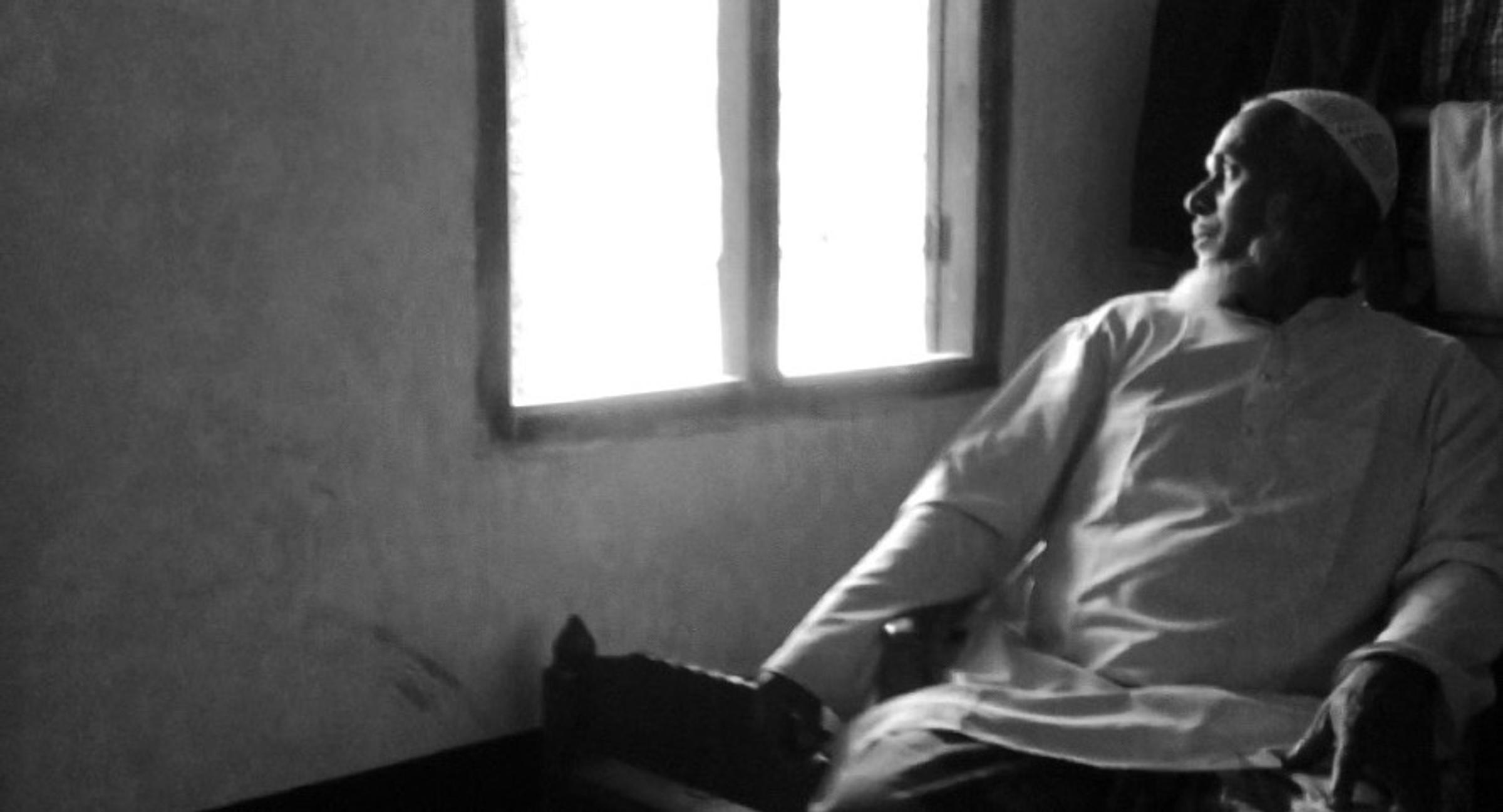PalCHASE

Palliative Care in Humanitarian Aid Settings and Emergencies
As has been written about in previous newsletters, palliative care is practically absent from the current response to disasters, armed conflicts and other humanitarian emergencies. Since its formation in December 2016, PalCHASE has been hosted by the International Association of Hospice and Palliative Care. It is co-chaired by Joan Marsden and Brett Sutton, APLI Executive Committee member.
As many of you would have read in the media, the exodus of Rohingya refugees since August 2017 from Myanmar’s northern province of Rakhine into Bangladesh has created a terrible humanitarian crisis. Arriving in an area known as Cox’s Bazaar, which already hosted around 300,000 Rohingya refugees living in camps and other makeshift settlements, the further 600,000 plus arrivals are stretching the resources of international aid agencies.
From the perspective of palliative care, Megan Doherty and Farzana Khan conducted the first rapid needs assessment in a humanitarian crisis. The purpose of this was to test the hypothesis that in addition to the need for provision of food, water, shelter and hygiene there are likely to be thousands of people with unmet needs because of chronic or life-threatening illnesses.
This analysis was conducted through extensive interviews of people living with these conditions, their family members and caregivers, health facilities in the Cox’s Bazaar district and local retail pharmacies. Unsurprisingly, they found pre-existing palliative care needs were significant. By way of illustration, they wrote the following:
‘Monia is a 46-year-old woman with advanced breast cancer. She went to a local NGO-run hospital hoping to receive surgery, but she could not afford the cost of the procedure. She returned home to her tent.
Monia was suffering from severe pain when our team met her.
We guided her to a nearby clinic, hoping she could get treatment for her pain. She was given only paracetamol.
Monia returned home with severe pain and now she does not know how she will get any pain relief. There are no palliative care services available and no clinics where physicians feel comfortable to prescribe the oral morphine which she desperately needs to control her pain.’
The report by Doherty and Khan, titled ‘Neglected Suffering: The unmet need for palliative care in Cox’s Bazar’ is attached here:
